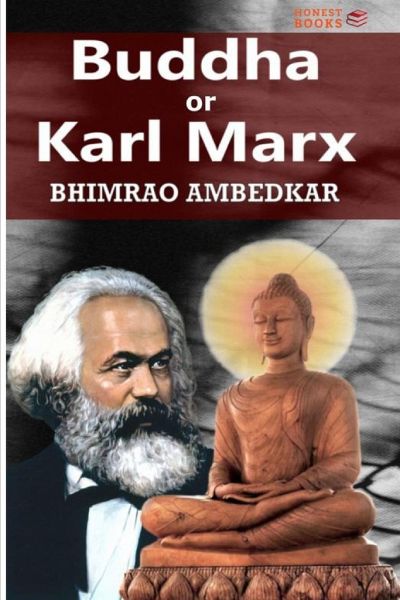
Thoughts on Buddha and Marx
Versandkostenfrei!
Versandfertig in 1-2 Wochen
18,99 €
inkl. MwSt.

PAYBACK Punkte
9 °P sammeln!
"Buddha and Marx" by Bhimrao Ambedkar is a thought-provoking book that delves into the fundamental principles of Buddhism and Marxism, and explores the similarities and differences between these two philosophies. Ambedkar, a scholar and social reformer, presents a comprehensive analysis of the teachings of Buddha and Marx, highlighting their relevance to contemporary society. Drawing upon his extensive knowledge of Buddhism and Marxism, Ambedkar examines the core concepts of both these ideologies, including the concept of suffering, the role of the individual in society, and the nature of soci...
"Buddha and Marx" by Bhimrao Ambedkar is a thought-provoking book that delves into the fundamental principles of Buddhism and Marxism, and explores the similarities and differences between these two philosophies. Ambedkar, a scholar and social reformer, presents a comprehensive analysis of the teachings of Buddha and Marx, highlighting their relevance to contemporary society. Drawing upon his extensive knowledge of Buddhism and Marxism, Ambedkar examines the core concepts of both these ideologies, including the concept of suffering, the role of the individual in society, and the nature of social and economic structures. He provides insightful commentary on how these ideas can be applied to address the social, economic, and political challenges of the modern world. Written in a lucid and engaging style, "Buddha and Marx" is a must-read for anyone interested in exploring the intersections between philosophy, politics, and social justice. Ambedkar's insightful analysis challenges readers to think critically about the nature of society and the role of individuals in effecting change. This book is an important contribution to the ongoing conversations about the intersectionality of philosophy and social justice.














